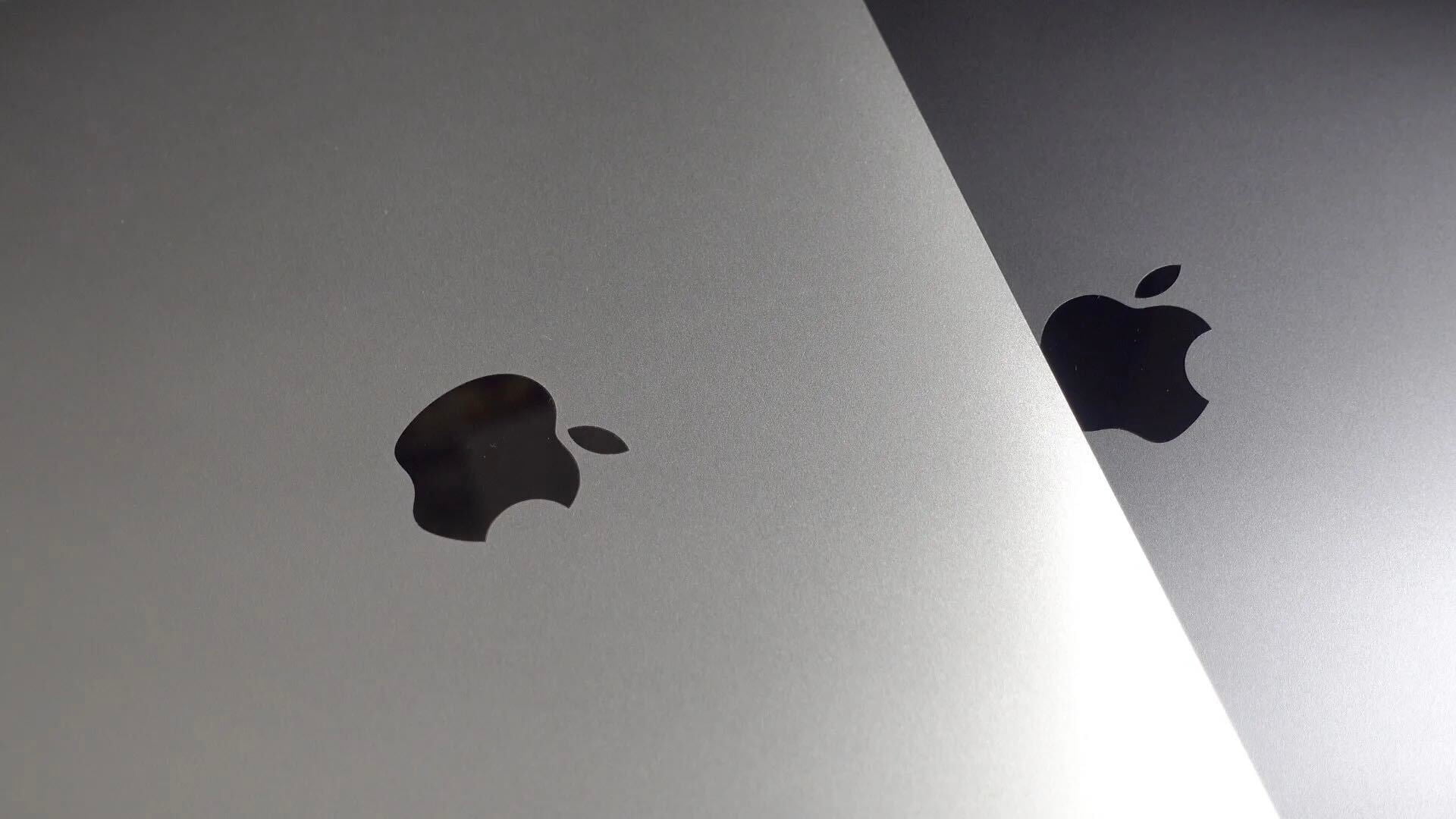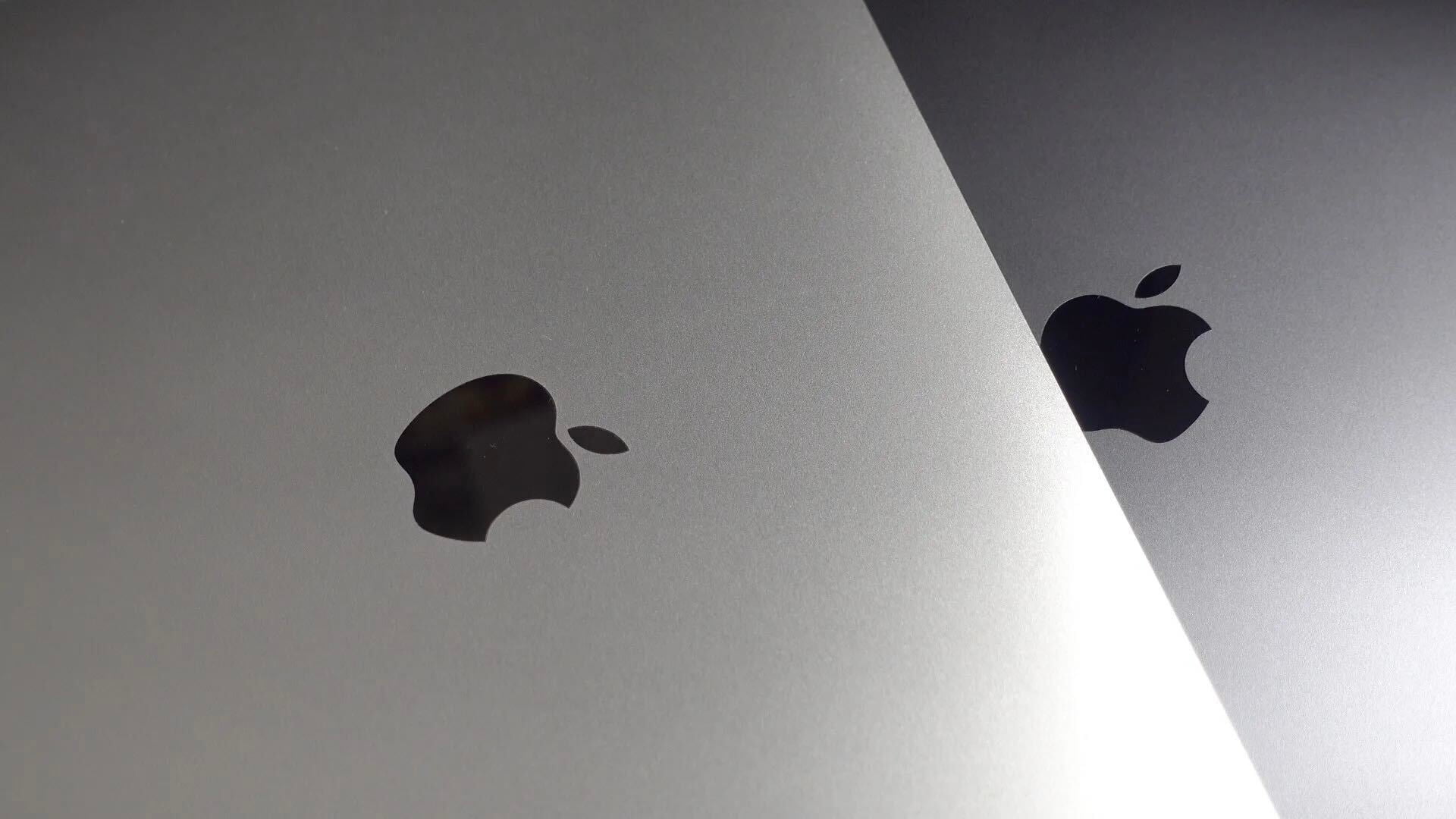
Today we are going to be taking a look at some of our favorite options for storing our sample libraries and other files for content creation. No matter what it is we are creating, at some point or other, storage is a must, whether it’s for project assets, backups or archival purposes. While this particular roundup will be focusing mainly on music producers and their sample libraries, many of our suggestions will work with other applications as well.
Now one thing to get out of the way off the top is that when it comes to choosing the perfect drive for individual needs, everyone is going to have a different opinion. Needless to say, budget plays a major factor in the decision making process here as well. I mean we would all have lightning fast Thunderbolt hubs with and an endless supply of SSD storage if we could. But because that is not the case, we are going to be breaking down some of our personal favorite options.
Keep in mind, these are just some of the options we have used personally at some point or another and have found to be extremely reliable, more than capable of streaming large sample libraries to your Logic Pro X projects and make for great time machine/back-up options in the process. As far we can tell, you can find a post online about any drive falling or ruining a recording session at some point or another. The same drive might work for years flawlessly for one person and be a complete dud for another after just a few months of work.
When it comes to your software instruments, sample libraries and things of that nature (big orchestral instruments, etc.), there are few main things to keep in mind. If you’re looking to save some cash here or just otherwise prefer typical hard disk drives, you’ll want to try to stick with a 7,200 RPM or better option. While it is certainly possible to stream Logic instruments with no issues with a 5400 RPM HDD, you will run into some lag and other issues when you start running larger third party instruments or more complicated projects with increasing track counts.
While SSD options seem to always be the best, fastest and most reliable (in most cases), they can be very expensive and out of the question for weekend hobbyists or those looking to get their carrier off the ground on a budget. Having said that, a reasonably priced HDD will more than suffice just about any home project studio.
HDD Externals:
First let’s tackle some solid HDD options. I personally lean on the side of caution and tend to opt for brand names. That’s not to say more budget friendly or lesser known brand names aren’t any good, it’s just what I prefer. LaCie and G-Drive have both been very good to me over the years in terms of external options.
Again, this is not a set in stone kind of rule, but for the purposes of this roundup we’re going to focus mainly on HDD externals, as I tend to prefer to use an SSD as my internal drive. That way you have the option of running intensive libraries and instruments from your internal, while still affording you lots of terabytes on your much less expensive external HDD. It’s worth considering most Macs these days come with a solid state storage device built-in.
Below you’ll find some of the 5400 and 7200 RPM HDDs we have had experience with. While faster and bigger is always better, I had a LaCie Porsche Design USB 3.0 drive turned on and plugged into my Mac for years. It has never failed and streams large sample libraries just fine. In fact I forget it’s there for months at a time.
- LaCie Porsche Design P’9233 USB 3.0 3TB Desktop Hard Drive $100+
- LaCie d2 Thunderbolt 2 4TB External Hard Drive $250+
- G-Drive Thunderbolt 3 4TB External Hard Drive $380+
- G-Drive USB 3.0 2TB External Drive $140+

SSD Solutions:
When it comes to SSD options, prices begin to soar through the roof. While I’m sure there are professionals out there that require an external SSD drive for field work and the like. The average home producer or mobile musician isn’t likely going to make use of it. If you’re going to go the SSD route, I find it’s usually better to upgrade your internal options and run as much from there as possible. Beyond that you’re going to pay some serious cash for mobile and external SSDs in most cases.
Another interesting option, and again only for those looking to make a serious investment in backups, storage and serious sample streaming for large music/content projects, would be an SSD hub of some kind. One product we have had some experience with is the Blackmagic Design MultiDock with Thunderbolt. This is essentially an external hub that connects loads of external solid state drives to your Mac via Thunderbolt. Clearly these kinds of solutions are ideal for serious content creators, but are more than likely overkill for everyone else. Even as someone that does professional recording and production work on a regular basis, this is still a little out of my league despite really needing it.

While I have spent some time with some of the much smaller and significantly less expensive external SSD docks, like those from Satechi, Anker and StarTech, I haven’t really had a chance to run them through their paces enough for a personal recommendation. It’s still hard to point others towards lesser expensive USB SSD docks at this point, especially for sample library/instrument streaming.
Below you’ll find some of the options we have heard great things about, our favorite external SSDs as well some of the best solid state solutions we have seen in action.
OWC Thunderbolt Dual Drive Dock $249
Blackmagic Design SSD MultiDock 2 w/ Thunderbolt 2 $595
SanDisk Extreme II 240GB SATA SSD $149+
Samsung 860 EVO 250GB SATA SSD $89+
Best Lightning Interfaces for iPhone & iPad
Best MIDI keyboards for Mac and Logic Pro 2017 Edition
Best wireless Bluetooth MIDI keyboards for iOS & Mac
See anything cool in the world of music production we missed? Let us know in the comments below.
The Logic Pros are: Justin Kahn and Jordan Kahn
Want more Logic Pros? Check out the archives here.
Subscribe to 9to5Mac on YouTube for more Apple news:
FTC: We use income earning auto affiliate links. More.







Comments